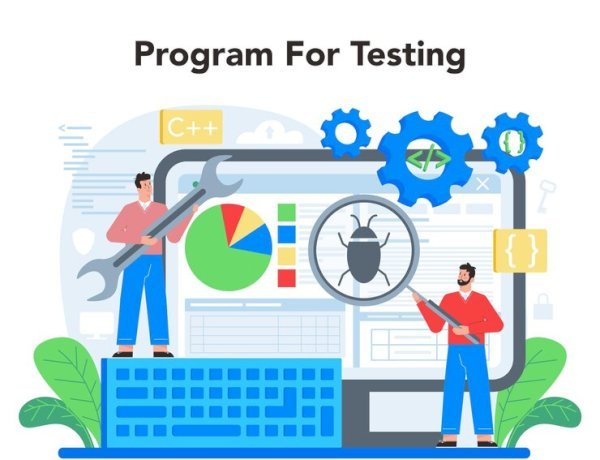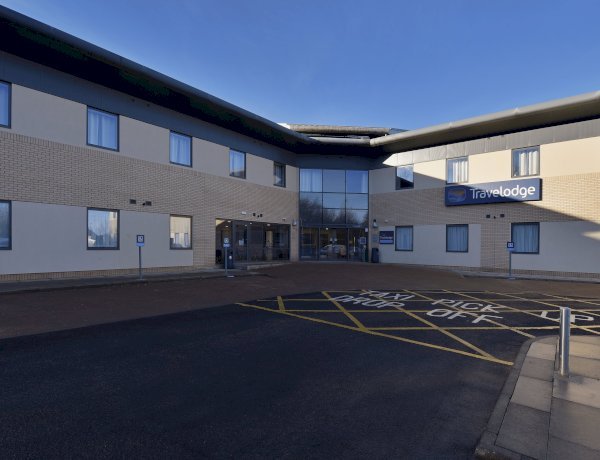The Cost of Entrepreneurship: How Much Money Do You Really Need to Start a Business?
Discover the true cost of starting a business. Learn about the various expenses involved and get tips on how to manage your startup costs effectively.

Starting a business is a dream for many people, but turning that dream into reality requires more than passion – it needs money. One of the biggest questions that arise is, “How much money do you really need to start a business?” The cost can vary widely depending on the type of business, location, and other factors. In this article, we will explore these different costs, real-life examples, funding options, and tips to manage your finances effectively.
Initial Costs

Image source: pexels.com
Business Registration and Licensing
Registering your business and obtaining the necessary licenses is the first step. These costs can range from a few hundred to several thousand dollars depending on the type of business entity (sole proprietorship, LLC, or corporation) and your state or country regulations.
Business Plan and Market Research
Creating a detailed business plan and conducting market research are crucial for success. Hiring professionals to help with this can cost anywhere from $1,000 to $5,000, but you can reduce costs by using free templates and online research tools.
Legal and Accounting Fees
Legal and accounting services ensure your business is set up correctly, with compliant tax structures. Initial fees for these services can range from $500 to $2,000.
Real-life Startup Cost Examples

Image source: pexels.com
| Business Type | Estimated Startup Cost |
|---|---|
| Online freelance business (writer, VA, graphic designer) | $500 - $2,000 |
| Cleaning service | $2,000 - $5,000 |
| Small retail shop | $10,000 - $50,000 |
| Restaurant or cafe | $50,000 - $250,000 |
| E-commerce store | $2,000 - $10,000 |
???? Note: These are average ranges; your specific needs may vary.
Infrastructure Costs

Image source: pexels.com
Once you’ve covered your initial setup, the next big consideration is your physical infrastructure costs.
Office Space and Utilities
The cost of office space can vary greatly depending on location. Renting an office can cost between $500 and $2,000 per month, while utilities might add another $200 to $500.
Equipment and Supplies
Purchasing necessary equipment and supplies is another significant expense. This can range from $1,000 for a home-based business to $10,000 or more for a larger operation.
Technology and Software
Investing in technology and software is crucial for modern businesses. Initial costs can range from $500 to $5,000 depending on your business needs.
Operational Costs

Image source: pixabay.com
As your business becomes operational, these monthly costs come into play.
Inventory
If your business involves selling products, you will need to invest in inventory. The cost of inventory can vary widely, but a typical range is $2,000 to $10,000.
Marketing and Advertising
Marketing is essential to attract customers. Initial marketing and advertising expenses typically range from $500 to $5,000. Digital marketing is often cost-effective for small businesses.
Staffing
Hiring employees is a major expense. The cost will depend on the number of employees and their salaries. Initial staffing costs can range from $1,000 to $10,000.
Ongoing Monthly Costs

Image source: pexels.com
Don’t forget these recurring expenses while planning:
-
Rent: $500 - $2,000
-
Utilities: $200 - $500
-
Inventory restocking: varies based on sales volume
-
Employee salaries and payroll taxes
-
Insurance premiums
-
Marketing maintenance (ads, promotions)
-
Software subscriptions: $20 - $200 per month depending on tools used
Financial Management

Image source: pexels.com
Bank Fees and Interest
Opening a business bank account and managing finances comes with fees. These can range from $50 to $500 depending on the bank and account type.
Insurance
Business insurance is essential to protect your investment. Initial insurance costs can range from $500 to $2,000. Types include general liability, professional liability, and workers’ compensation if you hire staff.
Emergency Fund
Having an emergency fund for unexpected expenses is wise, ideally around 10% of your total initial costs. For example, if there’s an accident on your business premises, you might need to hire repair services or consult a personal injury lawyer. This financial cushion ensures you can respond quickly and responsibly.
Opportunity Costs
Opportunity cost refers to the income or benefits you forgo when choosing one option over another. For example, if you leave a salaried job to start your business, consider the salary you are giving up as part of your financial planning.
Funding and Grant Resources

Image source: pexels.com
Here are practical funding options to support your startup:
-
SBA loans (US): Small Business Administration offers microloans and 7(a) loans.
-
Government startup grants: Check your state or federal government websites.
-
Microloans: From nonprofits and community lenders.
-
Angel investors: Platforms like AngelList connect startups with investors.
-
Crowdfunding: Kickstarter and GoFundMe are options if your business idea appeals to the public.
Business Formation Options and Costs

Image source: pexels.com
| Business Structure | Approximate Cost |
|---|---|
| Sole proprietorship | Low, typically $50-$100 |
| LLC | $100 - $800 (varies by state) |
| Corporation | $500 - $2,000 including legal fees |
???? Tip: Choose the structure based on liability protection, tax benefits, and ease of management.
Tax Considerations

Image source: pixabay.com
Don’t overlook tax-related costs, including:
-
Business tax registration
-
Sales tax permits
-
Estimated quarterly taxes (especially for sole proprietors and LLCs)
Consulting an accountant early helps you set aside the right amounts and avoid penalties.
Common Financial Mistakes to Avoid

Image source: pexels.com
-
Underestimating startup and operational costs
-
Spending heavily on branding before validating your product
-
Failing to track cash flow
-
Ignoring tax obligations
-
Not maintaining an emergency fund
Financial Tools and Apps

Image source: pexels.com
To manage your finances efficiently, consider:
-
QuickBooks: Accounting and payroll
-
FreshBooks: Invoicing and small business accounting
-
Wave: Free accounting for small businesses
-
Excel or Google Sheets: For simple budgeting
Mindset and Readiness
Starting a business requires resilience and patience. Most businesses take 6-12 months to break even. Planning with realistic expectations reduces stress and improves decision-making in the early stages.
Managing Costs Effectively

Image source: pexels.com
Budgeting and Planning
Creating a detailed budget and sticking to it is essential for managing costs. Use financial planning tools and seek advice from financial experts.
Funding Options
Explore different funding options such as loans, grants, and investor funding. Each option has its pros and cons, and it is important to choose the one that best fits your business needs.
Cost-Saving Tips
Look for ways to save money, such as leasing equipment instead of buying it, or using coworking spaces instead of renting a full office.
Conclusion
Starting a business requires careful planning, realistic budgeting, and financial management. The initial costs can be substantial, but with the right approach, they can be managed effectively. Understanding and preparing for the cost of starting a business will increase your chances of success. Remember, while starting a business has costs, strategic planning, wise budgeting, and a resilient mindset will set you on the path to long-term success.
FAQ
How much money do I need to start a small business?
The amount of money needed can vary, but a general estimate is between $5,000 and $10,000 for a small business.
Can I start a business with no money?
It is challenging but possible to start a business with little to no money by using free resources, bartering services, and seeking small grants or loans.
What are the hidden costs of starting a business?
Hidden costs can include taxes, unforeseen legal issues, and unexpected equipment repairs or replacements.
How can I reduce startup costs?
To reduce startup costs, consider starting small, using second-hand equipment, and working from home if possible.
What is the most expensive part of starting a business?
The most expensive parts can be inventory, office space, and staffing.




























